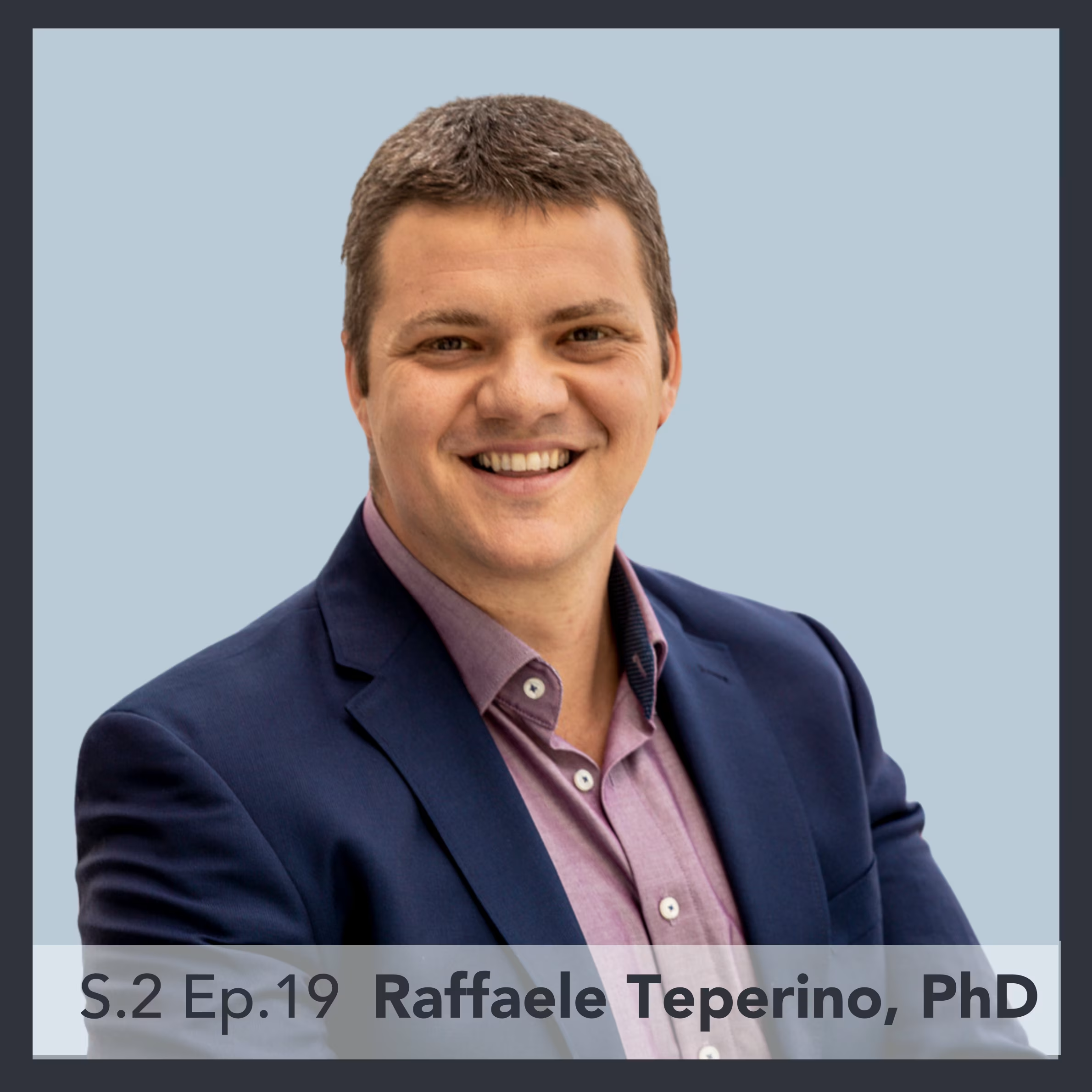Personalized nutrition tailors dietary recommendations to an individual’s unique biological needs, factoring in genetics, lifestyle, and health conditions to optimize health, prevent disease, and maintain overall well-being. Central to this approach is the role of epigenetics, which studies changes in gene expression that do not involve alterations to the DNA sequence but can be influenced by external factors such as diet.
For instance, certain nutrients can affect DNA methylation patterns or modify histone structures, which in turn can activate or repress specific genes. Understanding how diet impacts these epigenetic changes is crucial for determining how an individual’s gene expression can be influenced by their dietary choices. This knowledge allows for the development of tailored dietary advice that can promote better health outcomes based on an individual’s specific genetic and epigenetic profile, making personalized nutrition a powerful tool in modern healthcare.
In this week’s episode of the Everything Epigenetics podcast, I discuss the connection between epigenetics and nutrition with Dr. Lucia Aronica. We explore how lifestyle factors like diet, exercise, stress, sleep, and environmental toxins influence epigenetic modifications.
Dr. Aronica highlights the role of epinutrients, such as methyl donors and phytochemicals, in gene regulation and emphasizes key nutrients like folate and choline that are essential for methylation reactions. Our conversation also covers nutrigenetics, examining how genetic variations affect individual dietary responses, while cautioning against relying solely on genetic testing for nutritional guidance. Dr. Aronica advocates for integrating nutri-genetics with other health markers to develop personalized nutrition plans.
We also discuss findings from the DIETFITS study about the impacts of low carb and low fat diets on gene activity and epigenetic modifications, and insights from the “You Are What You Eat” documentary series. This discussion further highlights the significant influence of diet on epigenetic aging and overall health.
In this podcast you’ll learn about:
– The science behind how our DNA and diet dance together to determine our metabolic health
– How nutrition affects our epigenetic
– Epinutrients such as methyl donors and phytochemicals
– Sulforaphane
– How an individual’s genetic makeup influences which diet is most suitable for them
– What biomarkers (besides epigenetics) can researchers utilize to assess response to diet
– The DIETFITS study (low carb vs. low fat diets)
– How weight-loss affects gene activity through epigenetic modifications
– The TwiNS study
– If going vegan can actually reverse your biological clock
– Why influencers completely missed the mark on our research
– Simple food and lifestyle changes that revitalize your genes




